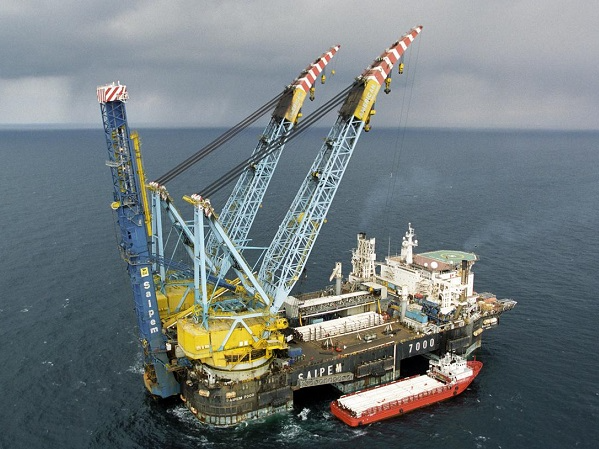New data reveals promising advances in Nigeria’s upstream petroleum sector, largely attributed to the enactment of the Petroleum Industry Act (PIA). Nigeria’s oil rig count has risen significantly from 17 active rigs in 2019 to 31 as of last month, according to the Nigerian Upstream Petroleum Regulatory Commission (NUPRC).
The disclosure came from the Commission’s Chief Executive, Mr. Gbenga Komolafe, during a sideline event at the World Petroleum Congress (WPC) in Calgary, Canada. The Congress, which also involved Cabtree Consulting, the Gas Aggregation Company of Nigeria (GACN), and CarbonAi, discussed the collaboration between Nigeria and Canada in decarbonizing the oil and gas sector.
Komolafe, represented by Executive Commissioner Kelechi Ofoegbu, pointed out that investments in Nigeria’s oil and gas industry had been dwindling in the years before the PIA was enacted. Reasons cited included regulatory uncertainty and a global shift away from fossil fuels. The decrease in capital expenditure was stark, dropping from $27 billion in 2014 to less than $6 billion in 2022, a 74% decline. This under-investment negatively impacted Nigeria’s rig count, which fell to an average of 7 in 2021 before rebounding to 31 by August 2023.
“The relatively high crude oil prices may have also contributed to increased activities in the petroleum upstream sector. However, this upswing in rig counts also reflects investors’ renewed confidence in Nigeria, driven by the effective implementation of the PIA,” Komolafe said.
The Commission has since enacted 24 priority regulations to foster a predictable environment for operators and stakeholders. “The PIA has repositioned the Nigerian petroleum sector by creating efficient governing institutions and enabling transparency and accountability,” Komolafe added.
On the topic of energy transition, he emphasized the critical role of natural gas. “With Nigeria’s huge gas reserves of 208.83 TCF and a potential increase to about 220 TCF within the next 10 years, natural gas is our transition fuel,” he said. Government plans such as the ‘Decade of Gas’ aim to leverage these reserves to meet Nigeria’s commitment to net-zero emissions by 2050.
The Chief Upstream Investment Officer for NNPC Upstream Investment Management Services, Mr. Bala Wunti, also weighed in on the issue of decarbonization. He highlighted the financial challenges of pursuing a net-zero pathway, emphasizing the need for robust project preparation and diverse financing sources. “Delivering Nigeria’s current NDC requires strong gas uptake across the economy,” Wunti said.
As Nigeria strives for industrial development amidst global energy transition, the newly-released rig count data indicates a positive trend in attracting essential investment back into the country’s oil and gas sector. Whether this momentum can be sustained in the face of evolving global energy dynamics remains a subject of keen interest.



